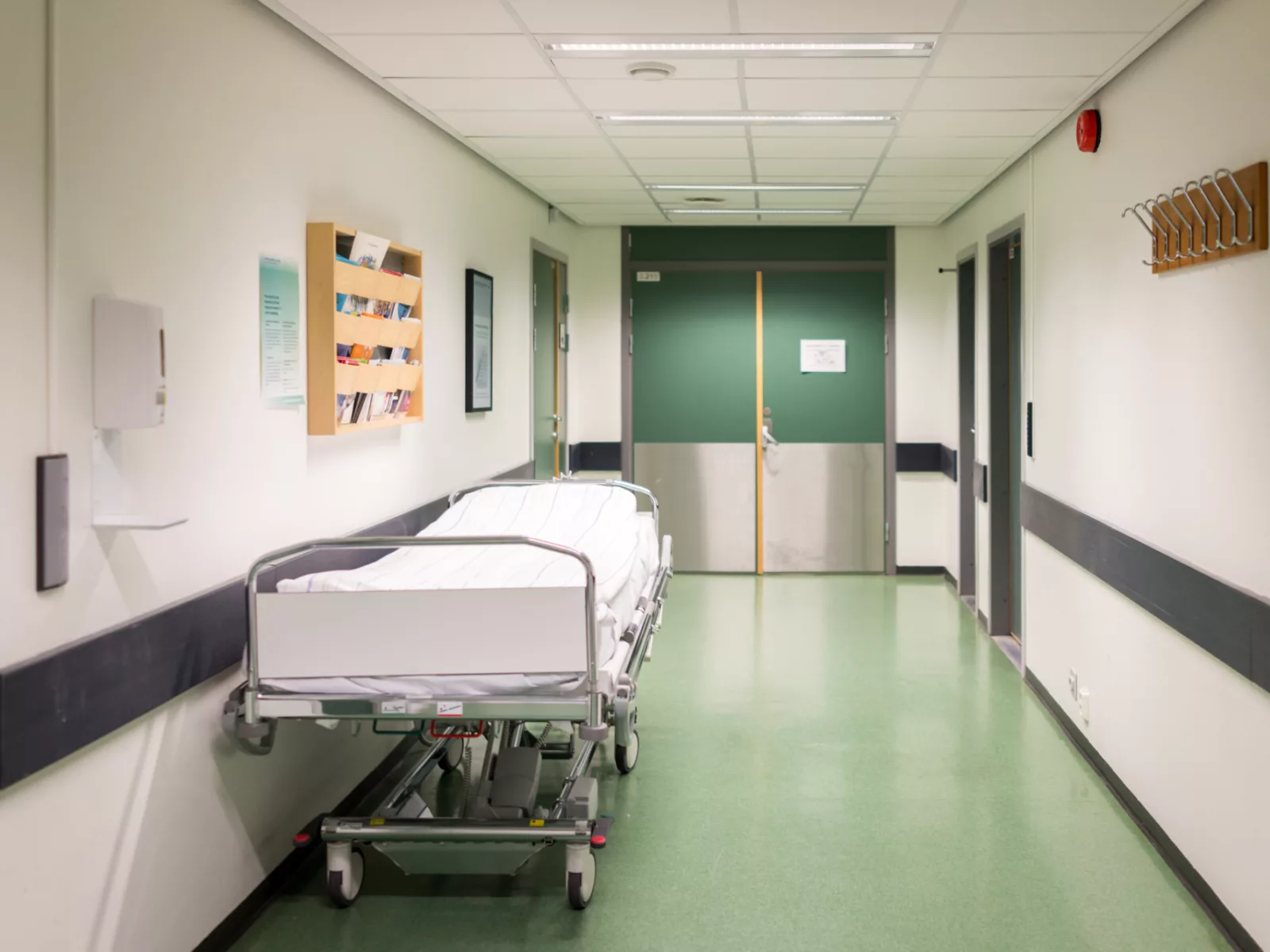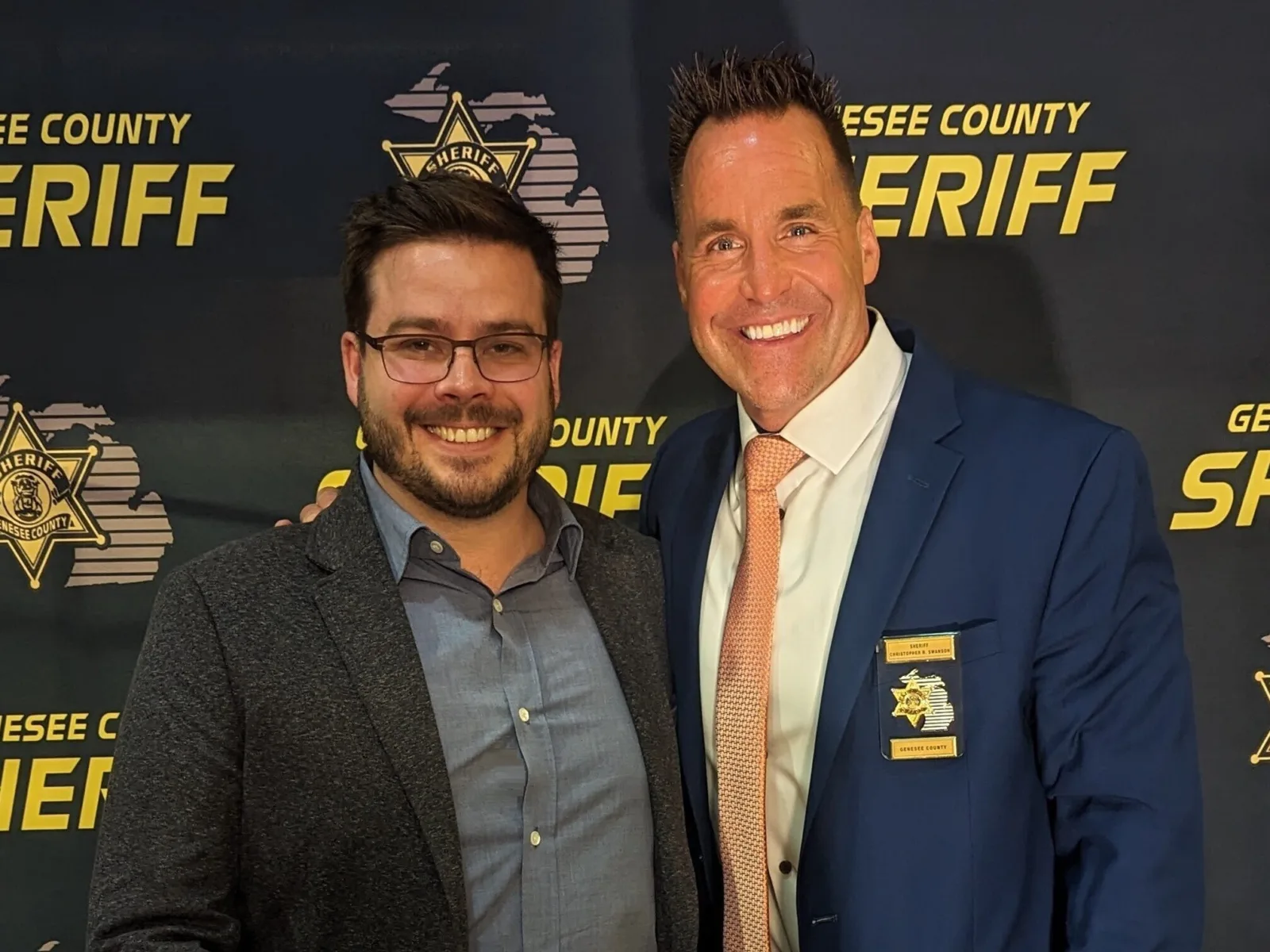Over two nights, a field of 20 Democratic presidential candidates spoke on issues ranging from health care to higher education. Here are some takeaways from what was said — and what wasn’t.
Higher Education
College affordability and ballooning student debt were hot topics right out of the gate on both debate stages. Sens. Bernie Sanders and Elizabeth Warren support free college tuition and the cancellation of student debt, but the rest of the field had varying proposals on how to make college more affordable, ranging from giving students the ability to better refinance loans to making community college free.
“I support free public colleges for low-income and middle-income families,” said South Bend Mayor Pete Buttigieg. “I just don’t believe it makes sense for working-class families to subsidize tuition even for billionaires. The children of the wealthiest of Americans can pay at least a little bit of tuition.”
Many of these proposals aren’t new, but the question is, will they work? Seventeen states have already passed some type of debt-free or promise program meant to create more opportunities for underrepresented students, and while they have been shown to boost enrollment, the evidence is still out on whether they lead to completed degrees.
“If we don’t address the other barriers to completion besides cost — and there’s significant research to show there are large barriers for veterans, students of color, first-generation students and others — cutting tuition might not help as much as we think it will,” says Chase Sackett, Arnold Ventures policy and advocacy manager.
Our latest podcast episode tackles market failures in higher education.
Another critical part of the higher education landscape got zero attention, and it’s a contributing factor to the student debt problem: predatory for-profit colleges. In its effort to expand access, the federal government has pumped $130 billion a year into higher education. This “blank check” system is hurting students and costing taxpayers. Federal dollars flow to institutions with little to no accountability — many have poor track records of student outcomes. Meanwhile, students take on piles of debt to attend colleges where they have a one in 10 chance of graduating.
More effective regulation is needed to hold institutions accountable and ensure they are equipping students for success. More than 70 percent of college administrators support federal policy requiring college accreditors to consider student outcomes when reviewing institutions, according to recent polling. And students should have access to valuable data when they choose a college, such as graduation rates and how previous students have fared in their careers.
Health Care
With the exception of an early mention of the pharmaceutical industry’s monopolistic tactics and vague remarks about “taking on pharma,” neither debate offered a real discussion around how to lower the prices of pharmaceuticals — an issue that has been front and center in this legislative session and a priority of the Trump administration.
On night one of the debates, Minnesota Sen. Amy Klobuchar was the only candidate to endorse specific policy ideas to lower prices, including drug importation and negotiation (allowing Medicare to directly negotiate prices from pharmaceutical companies) — both of which have been heavily debated in recent months. A recent nationwide poll reveals that Americans are frustrated with Congress on this issue. More than 8 in 10 voters think prices charged for prescription drugs are unreasonable, and a large majority demand aggressive action to reduce prescription drug costs.
The biggest health care moment from the two nights was seen during the expanded public coverage discussion. When asked if they would abolish private insurance in support of a single-payer, government-run plan, only four candidates raised their hand: New York City Mayor Bill DeBlasio and Sens. Sanders, Warren, and Kamala Harris. However, the next day Harris told CBS This Morning she thought the question was whether they’d personally give up their own insurance in favor of universal coverage. She clarified in that interview that private insurance would still exist for supplemental coverage under her plan.
While the Democratic Party has consistently been unified in favor of universal health care, most Democratic hopefuls — as evidenced in both debates — have been cautious to imply that Americans could lose their private insurance under a single-payer system. (Half of Americans — 150 million people — currently get their health insurance through their employer, according to Vox). That includes former Colorado Gov. John Hickenlooper and Colorado Sen. Michael Bennet, who argued the system is not realistic.
“I believe that health care is a right and not a privilege,” Hickenlooper said. “But you can’t expect to eliminate private insurance for 180 million people, many of whom don’t want to give it up.”
“We need to get to universal health care,” Bennet said. “I believe the way to do that is by finishing the work we started with Obamacare and creating a public option that every family and every person in America can make a choice for their family about whether they want a public option, which for them would be like having Medicare-for-all, or whether they want to keep their private insurance.”
Former Vice President Joe Biden and Buttigieg also called for a public health care option. Buttigieg, who has coined his own slogan — “Medicare for All who want it” — said he’d favor an optional plan that people can buy into on the exchange. Biden offered a similar, more moderate approach, calling for building on Obamacare and offering the option to sign up for a “Medicare-like” plan.
Regardless of the variations in coverage, access and design considerations, a debate that shouldn’t be lost is how to bring discipline to the commercial market, where prices are out of control, and how to tackle market consolidation.
Contraceptive access
Women’s access to reproductive rights was addressed both nights, and Warren made the point that women should have access to “the full range of reproductive health care services,” including birth control. Making oral contraception available over the counter — and ensuring that it’s covered by insurance — is a good start, and the effort is already underway.
Opioids
Americans are more likely to die from opioid overdoses than in a car crash, according to the National Safety Council, making opioid addiction a nationwide crisis. On the first night of the debate, discussion centered on whether pharmaceutical companies should be held responsible. Both former Texas Rep. Beto O’Rourke and New Jersey Sen. Cory Booker said pharma should be held criminally liable for the epidemic. “They should be held criminally liable, because they are liable,” said Booker.
What wasn’t discussed: solutions for the hundreds of thousands of Americans struggling with opioid addiction. Perhaps future debates will include a policy discussion on implementing strategies that have been proven to save lives, such as expanding medication-assisted treatment in jails and for those on Medicaid.
The opioid crisis, which killed more than 49,000 Americans in 2017, was not brought up on night two.
Criminal Justice
One in two adults in America has had a family member in jail or prison, yet proposals for meaningful reforms to the criminal justice system did not have a full hearing at either debate.
On night one, Booker discussed his role in passing the First Step Act, the most significant criminal justice reform in years. Its measures include rewarding good behavior, supporting people leaving federal prisons so they can successfully reenter society, compassionately releasing the elderly and terminally ill, ending the shackling of pregnant women, and making the Fair Sentencing Act of 2010 retroactive.
Both Booker and Harris also talked about the legacy of systemic racism in the U.S., with Harris relating her experiences with discrimination and being bused to school as part of an effort to desegregate public schools in California.
Booker said of his arrival to the Senate, “As an African-American man in an African-American-dominated community, I knew one of the biggest issues was criminal justice reform, from police accountability to dealing with the fact that we have a nation that has more African-Americans under criminal supervision than all the slaves in 1850.”
O’Rourke related the war on drugs and mass incarceration: “Tonight in this country, you have 2.3 million of our fellow Americans behind bars. It’s the largest prison population on the face of the planet. Many are there for nonviolent drug crimes, including possession of marijuana, at a time that more than half the states have legalized it or decriminalized it.”
But overall, there was not enough talk either night about mass incarceration and its drivers — including probation and parole violations. A new report by the Council of State Governments Justice Center exposed the startling reality that community supervision programs often trap people in the criminal justice system rather than serve as a path out. The numbers are shocking: 45 percent of state prison admissions stem from probation and parole — either for new crimes or breaking supervision rules. And one-quarter of prison admissions are the result of technical violations, such as curfew violations or failed drug tests.
The next debate presents an opportunity for candidates to speak more clearly on plans to ensure that probation and parole serve as a solution rather than a contributor to mass incarceration. It’s something hip-hop artist Meek Mill has made news fighting for in the wake of prison sentences for minor probation violations — including popping a wheelie on his dirt bike.
Meek Mill talks about his experience with the criminal justice system and the #FreeMeekMill movement.
Candidates should also continue the discussion on ways to build trust between police and the communities they serve, and how to implement evidence-based policies that promote public safety. All too often, police serve on the front lines of drug and mental health crises without the proper tools or training. Prosecutors and police can prioritize alternatives to arrest that keep people out of jail and help connect them with needed social services. Change has to come at a local level, but presidential candidates can explain the government’s role in harnessing the power of social systems and public resources to better address the needs of those who have frequent contact with the criminal justice system.

















